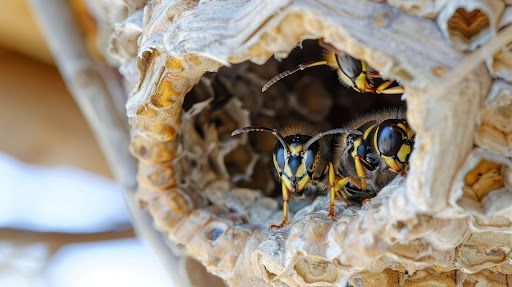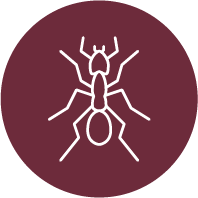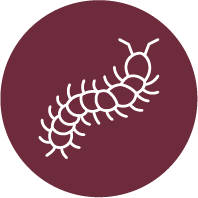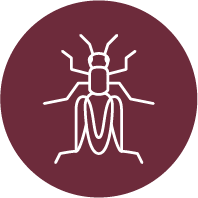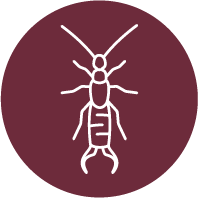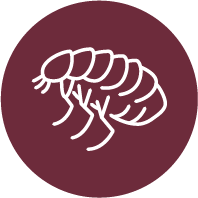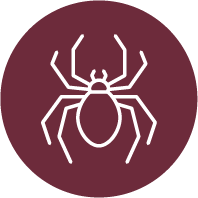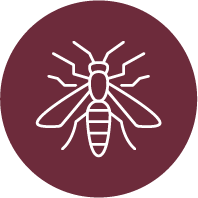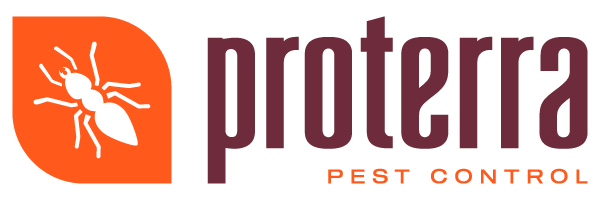Eco-Friendly Pest Control: Success Stories from Tri-Cities Homes
Pest control is an age-old problem, but the methods of managing unwanted critters continue to evolve. Homeowners in the Tri-Cities have grown increasingly cognizant of the impact that traditional pest control methods have on the environment. Responding to this concern, eco-friendly pest control has gained popularity, emphasizing sustainability without sacrificing effectiveness. Companies like Proterra are at the forefront of this movement, offering non-chemical solutions that provide powerful results while being gentle on the ecosystem. Through examples of successful implementations, this article illuminates the advantages of eco-friendly pest control practices and the scenarios in which they excel over their chemical counterparts.
Integrated Pest Management: A Holistic Approach
Integrated Pest Management (IPM) is an environmentally responsible approach that combines multiple strategies to manage pests effectively. By understanding the lifecycle of pests and their interaction with the environment, IPM focuses on long-term prevention and control, using pesticides as a last resort. Proper identification of pests, monitoring, and assessments are the primary steps in this process, setting a solid foundation for ecological pest control.
Physical Barriers and Exclusions
One of the most straightforward methods of eco-friendly pest control involves creating physical barriers to prevent pests from entering homes. Success stories often include sealing cracks, installing screens on windows, and applying weather stripping to doors. These measures not only deter pests but also contribute to energy conservation by sealing homes from drafts.
The Role of Traps in Non-Chemical Pest Control
Traps represent a versatile tool in the eco-friendly pest control arsenal. From rat snap traps to pheromone-based traps for insects, this method allows for the control of pests without the use of toxic chemicals. Furthermore, traps can be monitored and adjusted as needed, providing a flexible and targeted approach to pest management.
Manual Removal Techniques
Though often labor-intensive, manual removal of pests is a completely eco-friendly control method. Whether it's handpicking insects or using a vacuum to remove spider webs, manual strategies are employed to reduce pest populations directly. This method is particularly popular in gardens and small infestations, where it can effectively maintain control without harming beneficial organisms.
Botanical and Biological Control
Nature has its own checks and balances, and biological control leverages this fact by using natural predators to manage pest populations. Ladybugs eating aphids or birds feeding on insects are examples where biological control is at work. Furthermore, botanical pesticides derived from plants, such as neem oil and diatomaceous earth, offer less toxic alternatives to synthetic chemicals while providing effective pest suppression.
Cultural Controls
Cultural controls involve altering the environment to make it less conducive to pests. Practices such as proper plant spacing, crop rotation, and the selection of pest-resistant plant varieties can significantly reduce the occurrence of pests. These methods contribute to a healthier habitat that naturally deters pest invasions.
Soil Health and Pest Management
Healthy soil is a cornerstone of eco-friendly pest control. By fostering robust soil ecosystems, homeowners can enhance plant health and resilience, making them less susceptible to pest infestations. Composting, mulching, and the use of organic fertilizers promote soil vitality and, consequently, play a crucial role in pest prevention.
Water Management for Pest Control
Excess moisture attracts many pests, making water management a critical factor in eco-friendly pest control. Solutions in Tri-Cities homes often involve repairing leaky faucets, ensuring proper drainage, and using moisture barriers in crawl spaces. Such measures address the root cause of pest problems by eliminating their water sources.
The Role of Home Maintenance
Routine home maintenance can significantly reduce pest problems. Keeping yards trimmed, clearing out gutters, and removing debris where pests can harbor are simple yet effective ways to deter them. Regular inspections and upkeep act as a first line of defense in pest prevention.
Educating Homeowners
Education plays a vital role in eco-friendly pest control success. Homeowners informed about the behaviors and habitats of pests are better equipped to prevent infestations. Proterra, along with other eco-conscious organizations, often provides resources and guidance to ensure that homeowners have the knowledge to maintain effective pest control practices.
Success Stories of Eco-Friendly Pest Control in Tri-Cities
Real-life examples from the Tri-Cities region demonstrate the effectiveness of eco-friendly pest control. Homeowners have successfully managed to eradicate pests using natural repellents, such as essential oils for spiders and ants, while community gardens have maintained pest-free environments with companion planting and beneficial insects.
Evaluating the Effectiveness of Eco-Friendly Pest Control
Measuring the success of eco-friendly methods is crucial. Ongoing evaluations help determine the most effective strategies for specific situations, allowing for continuous improvement and adaptation of pest management practices.
When to Choose Eco-Friendly Methods
Eco-friendly pest control is especially preferable for households with pets, children, or individuals with sensitivities to chemicals. These methods also appeal to those committed to preserving the environment and to residents seeking long-term, sustainable pest management solutions.
Acknowledging the diverse ecology and urban landscape of the Tri-Cities, homeowners possess a multitude of eco-friendly pest control tactics to draw upon. Initiatives by companies like Proterra showcase how sustainable practices can yield a pest-free home while upholding environmental integrity. The journey toward greener pest control solutions requires diligence, innovation, and community engagement. Armed with these eco-friendly strategies, residents can ensure their homes remain both safe sanctuaries and respectful cohabitants with nature.
Ready to take a step towards a healthier, more eco-friendly approach to pest control? Proterra Pest Control is here to help. With our commitment to effective, environmentally responsible pest management solutions, we offer the guidance and services you need to keep your home pest-free, naturally. Contact us today to learn more about how we can assist you in achieving a balanced, pest-free living space.

